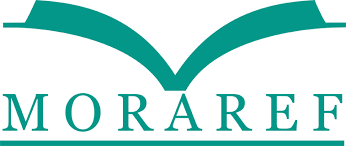KONTRIBUSI WAKAF PRODUKTIF TERHADAP PENERIMAAN KAS MASJID NURUL MUSHTOFA REJENI
DOI:
https://doi.org/10.58194/jdmd.v3i2.815Keywords:
Productive Waqf; Contribution; Mosque CashAbstract
The implementation of waqf law in Indonesia was originally very simple and not accompanied by administration, simply by making a verbal oath (statement). The management and maintenance of waqf land were then handed over to the Nadzir. Therefore, it was not recorded administratively, so many waqf lands did not have proof of their waqf, so that many waqf lands were lost and many became disputes in court. This study was conducted to determine how much productive waqf contributed to the cash receipts of the Nurul Musthofa Rejeni Mosque, and to determine whether productive waqf income had a major impact on the financial sources of the Nurul Musthofa Rejeni Mosque. The method used in this study was a quantitative descriptive method. Data collection using direct interview techniques with the productive waqf administrators of the Nurul Musthofa Mosque in order to obtain an overview of the contribution of productive waqf to the cash receipts of the mosque. The descriptive method also aims to create a systematic, factual, and accurate description of the facts, characteristics, and relationships of the phenomena being investigated.
















